
Sophia Marbois, Duchess of Plaisance, was born in 1785 in Philadelphia, Pennsylvania. On 29 November 1802 she was married in Paris to Anne-Charles Lebrun in a civil wedding; a church wedding followed on the next day. When Napoleon was crowned Emperor in 1804, Anne-Francois Lebrun was honoured by him with the title of Duke of Plaisance and in 1809, by a special imperial decree, his son Anne-Charles Lebrun inherited his title. Until 1824 the Duchess lived in Paris close to her father-in-law. In 1825 she abandoned the connubial shelter together with her daughter Eliza and devoted herself to travel and adventure. In 1829 she visits Corfu and a year later she arrives at Nauplion and a visit to Aegina also follows. Already in the last months of 1830 and the beginning of 1831 she bought tracts of land in the town and on the outskirts from the withdrawing Ottomans. The decision to settle in Athens entails the construction of a dwelling. Pending the completion of the wooden house she had commissioned, she travelled with her daughter to Lebanon and Beirut; during the trip her daughter dies of typhoid fever (1837). She exploited the real estate she owned in the capital in various ways: erecting buildings for private use, letting out land to cultivators, or making donations.
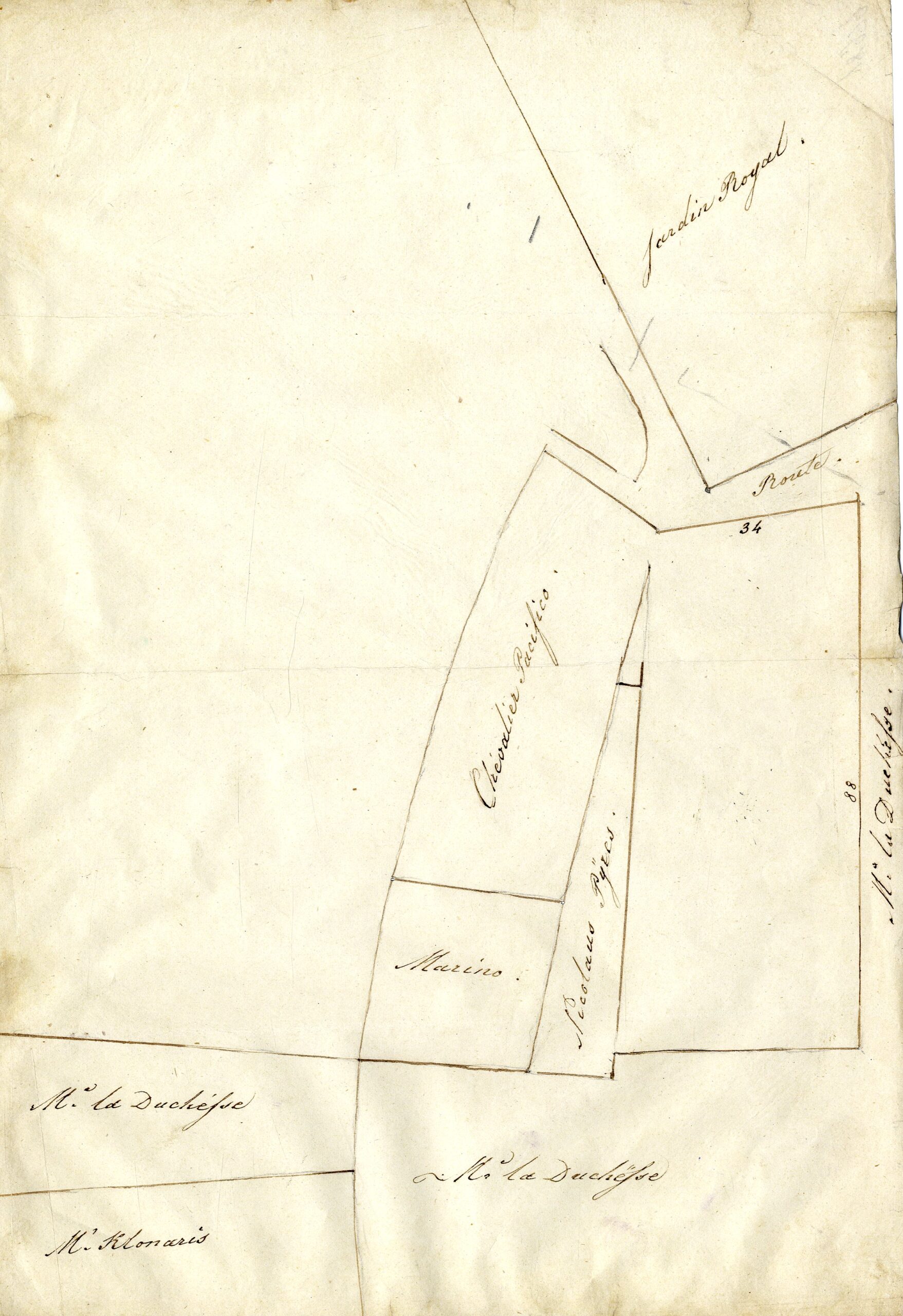
On 27 March, by dint of contract 18999 drawn up by notary public K. Kokides, the Duchess donates to David Pacifico, consul of Portugal from 1836 to 1842, a plot of 3,000 French square metres in Athens, in location Mpoumpounistra, in what is today Amalias street, very close to the National Garden. D. Pacifico intended to erect, by his fellow-Jews’ subscription, a temple for the Israelites of the “heresy” of Sefardem, tribe of Judas, who might settle in Athens in the future, and at the same time a dwelling for the rabbi. In this contract of donation the Duchess, in order to protect the real estate from different uses (mortgage expropriation, transfer to D. Pacifico’s heirs), sets prohibitory terms. Therefore the real estate cannot be mortgaged, expropriated or be transferred to his heirs. In addition, in case the plan were not successful, the estate would remain in the possession of the Jewish community of Jerusalem for them to build when it became possible. The contract has an interesting last paragraph, where her husband is mentioned, since her separation from her husband had been upheld by a court, but no divorce had been issued by the Roman Catholic Church. For the Duchess to use her substance in Greece, her husband’s consent was necessary. The contract is signed in French. However, Pacifico will not utilise the construction site. In 1852 the Duchess appointed as her delegate and attorney-at-law the lawyer Leonidas Sgoutas to represent her in the civil suit between herself and Pacifico and in the cancellation and invalidation of the donation of the site. The cancellation of the donation may have been partly due to financial reasons, decrease of her income because of the expenses she had incurred and the constructions she already had in progress.
Ipakoi Chatzimichail
Department of Archives Processing
General State Archives of Greece – Central Service
[Source: General State Archives of Greece – Central Service, Archive of Athens’ notary public Kosmas Kikidis (K66]

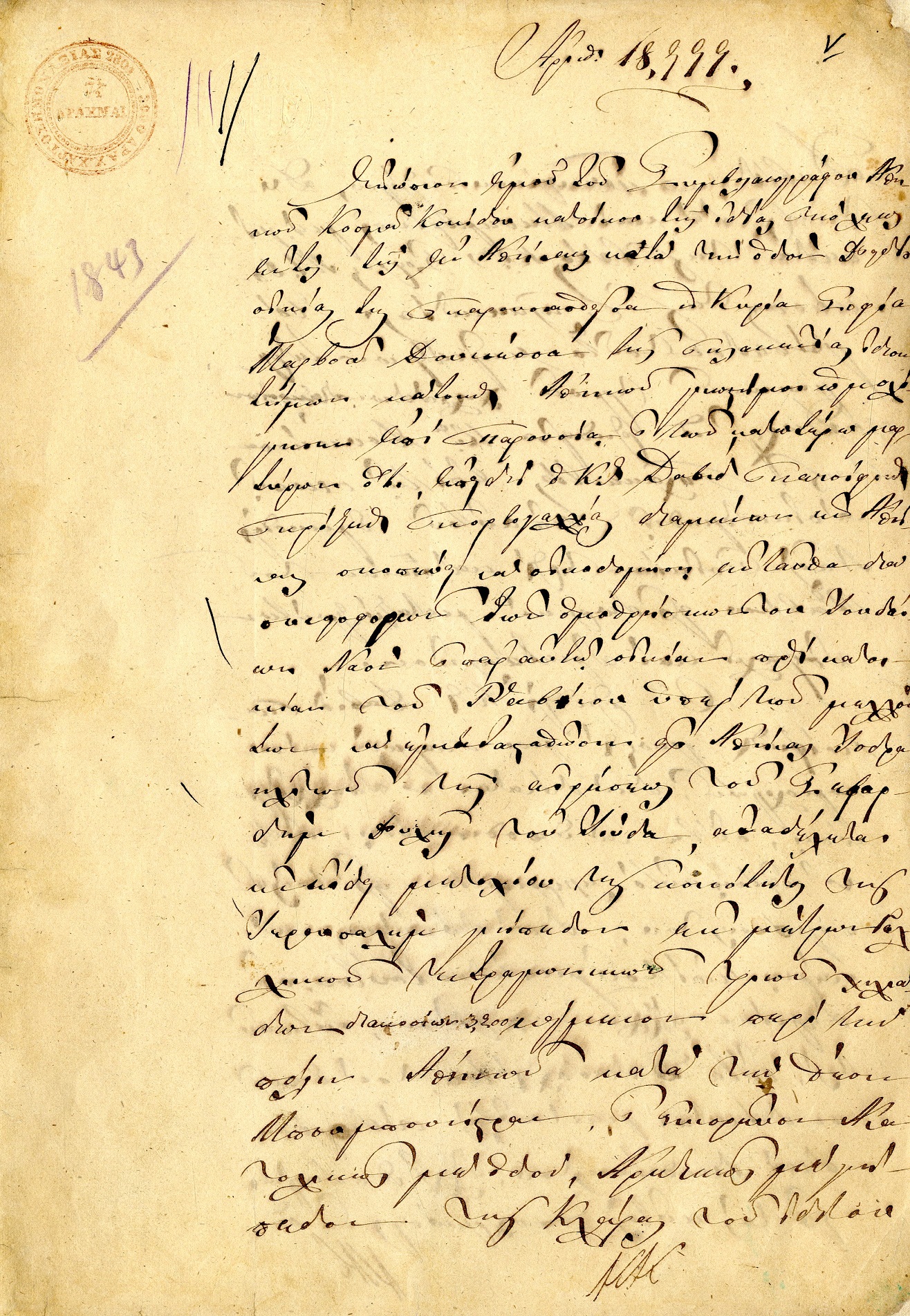
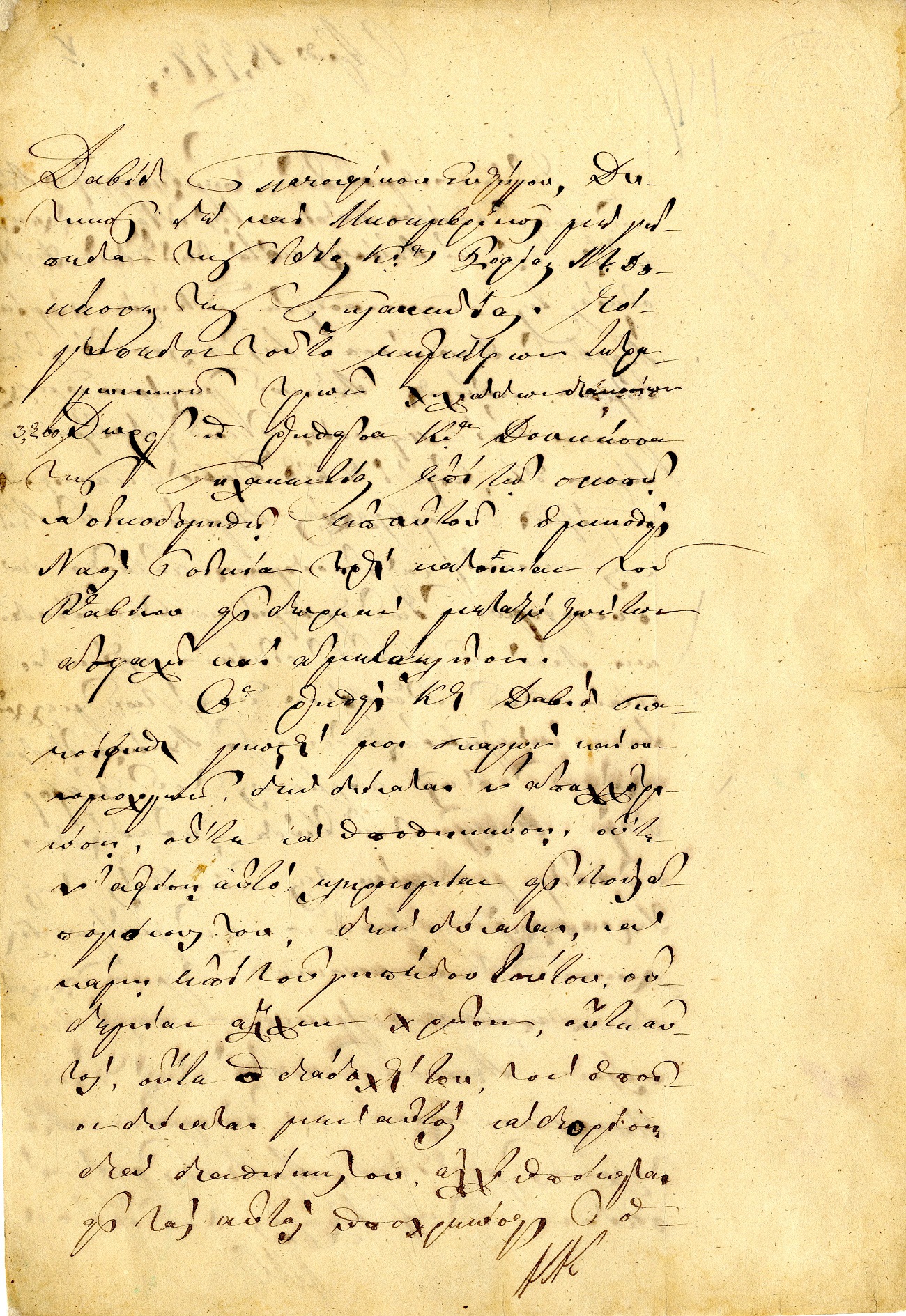
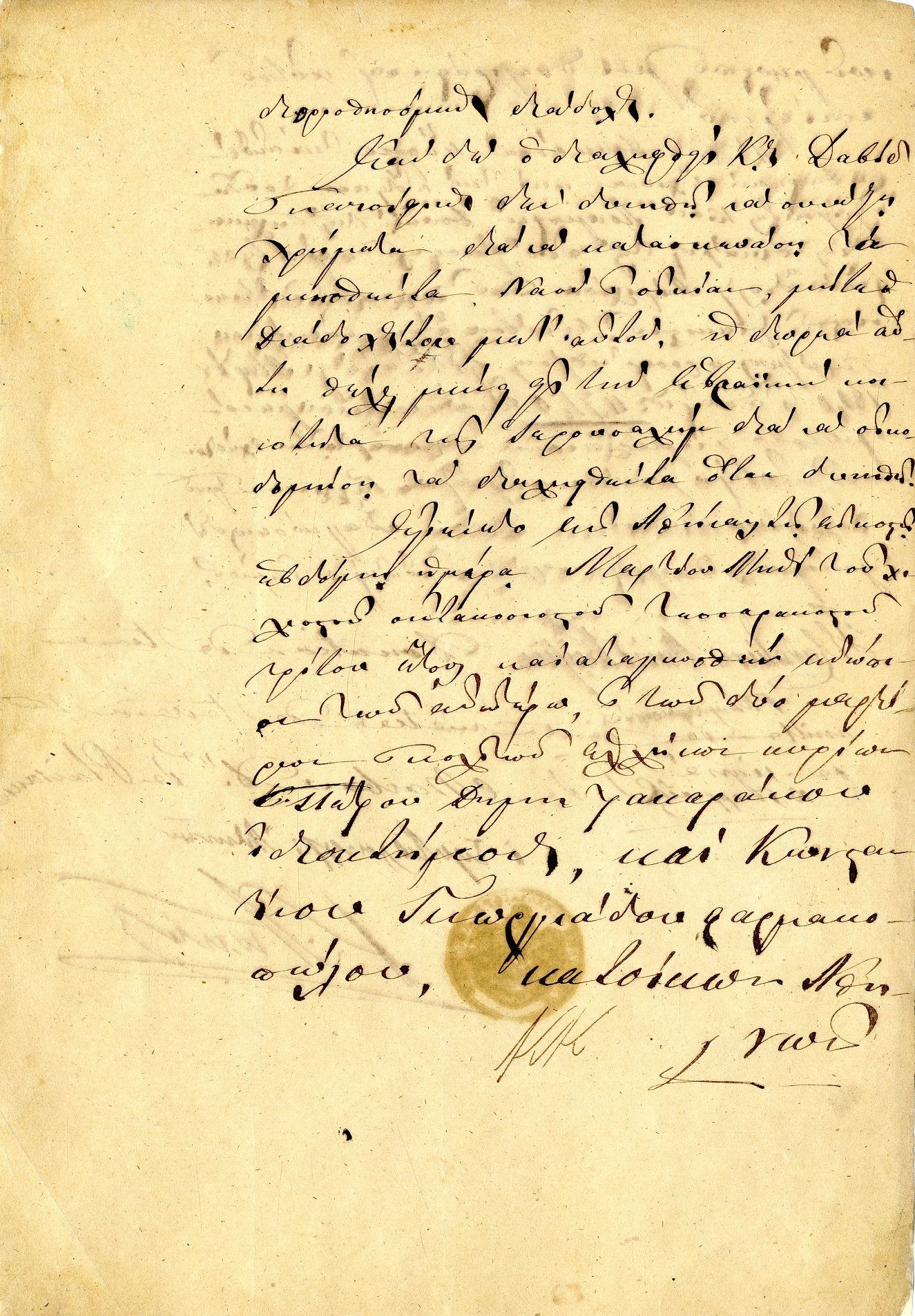
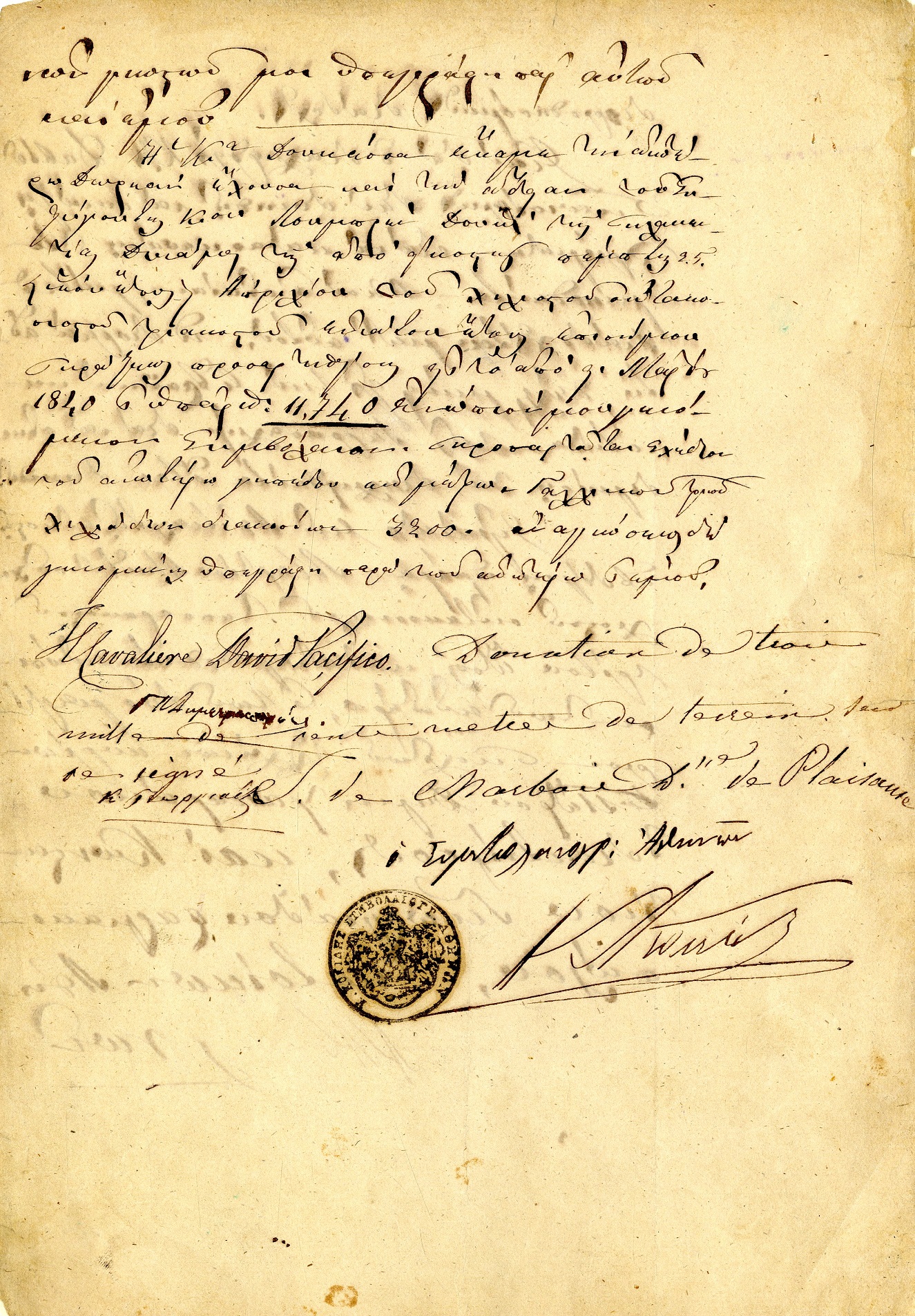
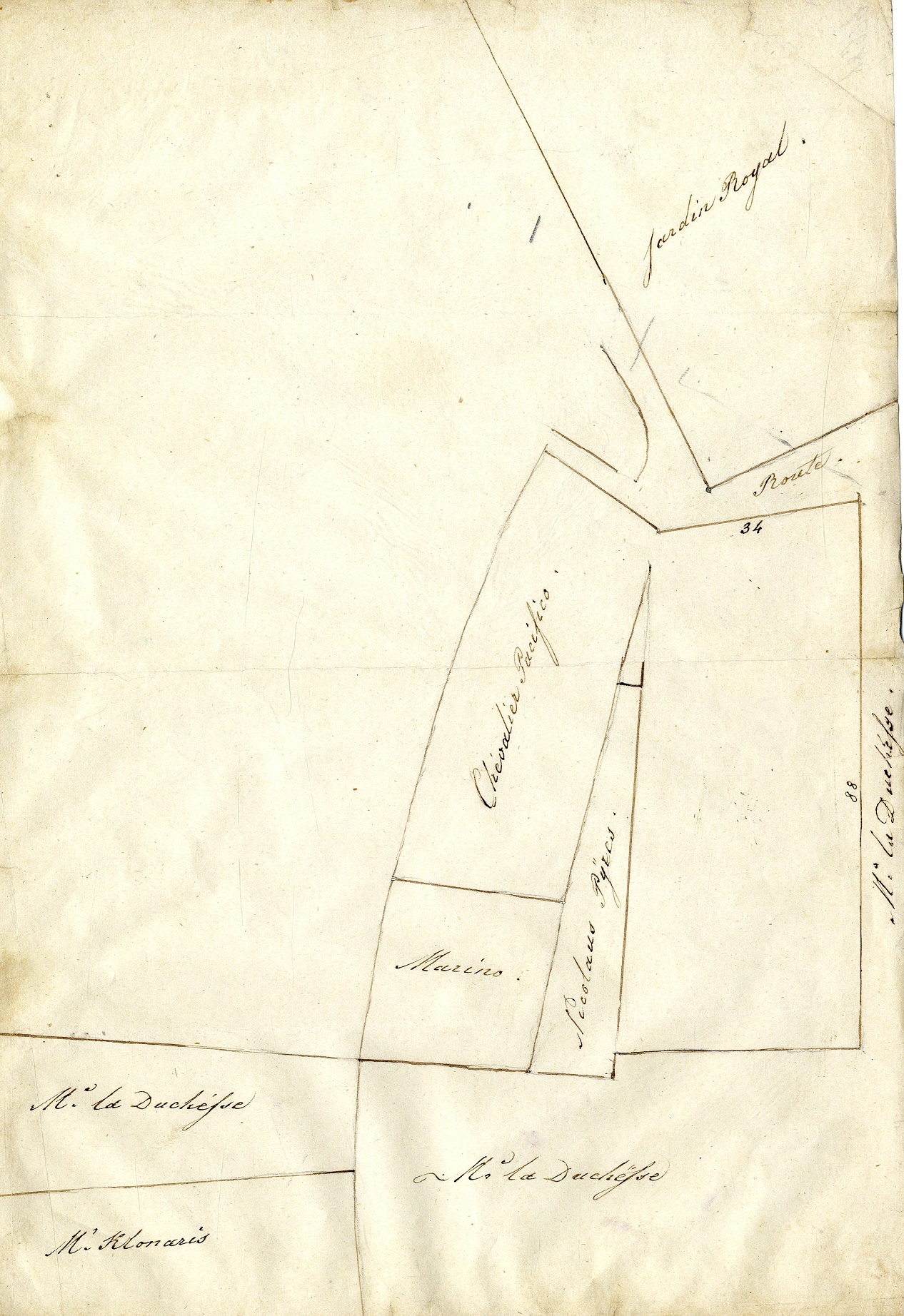
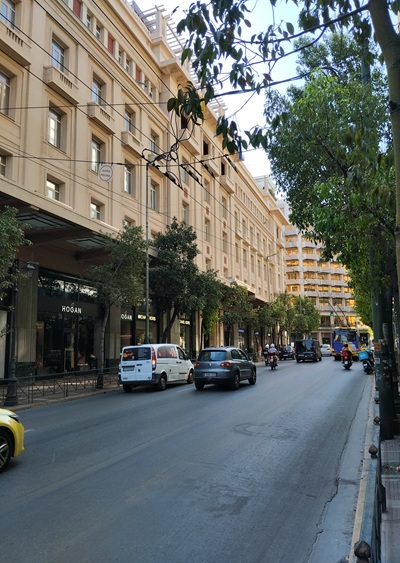

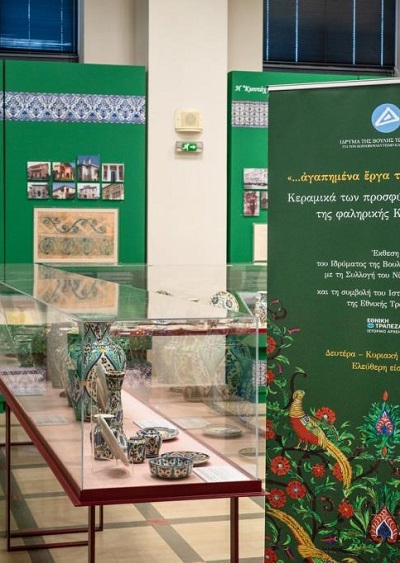



Leave A Comment